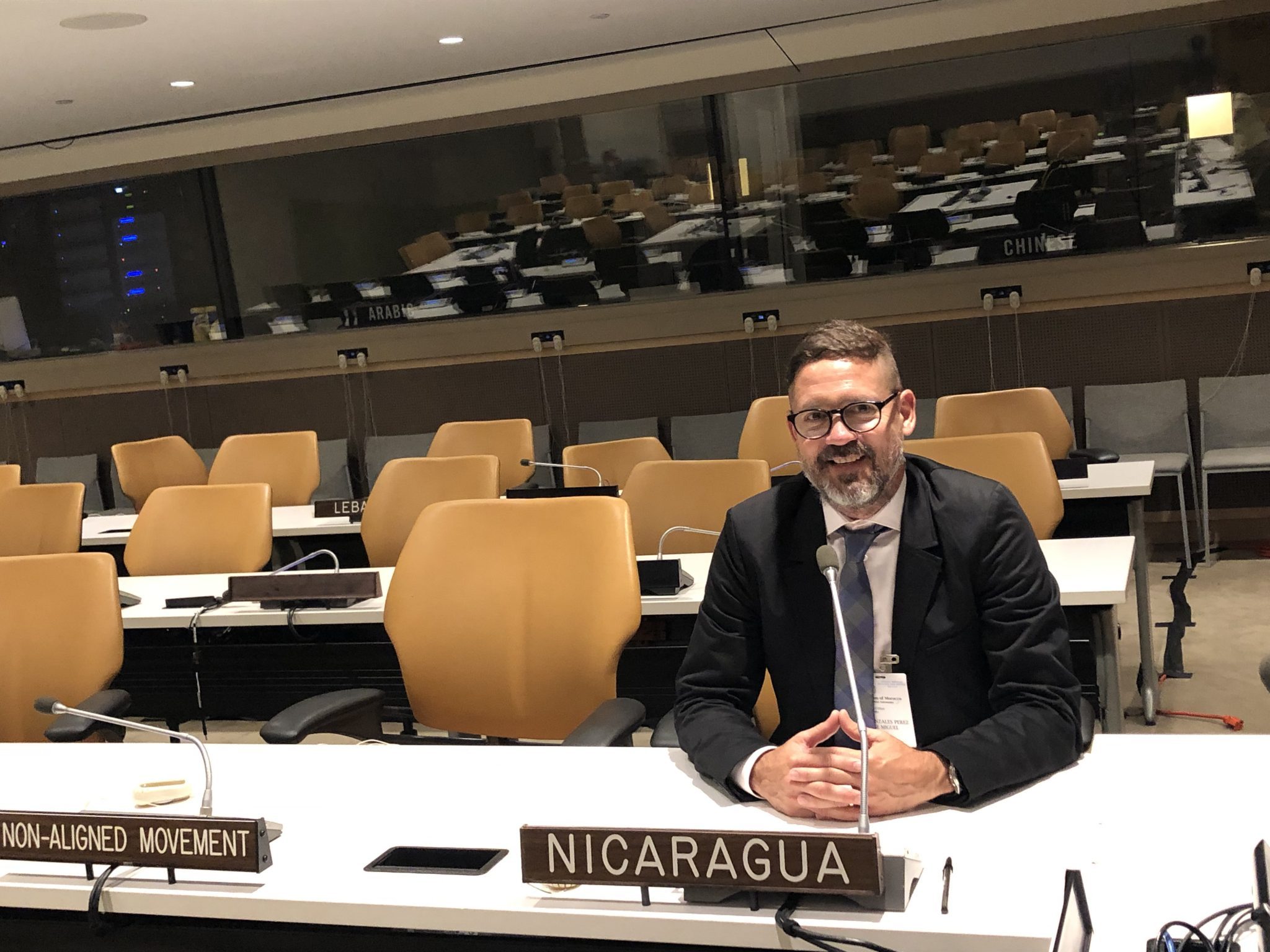
Country: Canada
Miguel Gonzalez (PhD, York University) is an Assistant Professor in the International Development Studies program at York University, Toronto, Canada. In recent years Miguel has taught both in the undergraduate and graduate programs in International Development at York University. His current research relates to two broad themes and projects: First, indigenous self-governance and territorial autonomous regimes in Latin America. On this question he has published extensively (see here for instance) and he co-edited a themed issue for a specialized academic journal in the field on indigenous studies (see here). In 2016 Miguel co-edited a thematic issue of the Latin America and Caribbean Ethnic Studies Journal (LACES) on the topic of Indigenous Autonomies in Latin America. Miguel’s second area of interest is the governance of small-scale fisheries in the Global South, with a particular geographical concentration in the Nicaraguan Caribbean Coast. On indigenous small-scale fisheries Miguel most recent publications are Governance and governability: indigenous small-scale fisheries and autonomy in coastal Nicaragua (Maritime Studies, 2018, 17:263–273) and The Small-Scale Fisheries of Indigenous Peoples: A Struggle for Secure Tenure Rights (in co-authorship with Svein Jentoft, Natasha Stacey & Jackie Sunde, Springer, 2018). Miguel is a researcher associated with the Global Partnership for Small-Scale Fisheries Research (Too Big To Ignore) and with the Centre for Research on Latin America and the Caribbean (CERLAC) at York University.
Q: What are you currently working on within the context of small-scale fisheries?
My current research deals with a broader range of development issues related to indigeneity and Indigenous Peoples, a critical issue not only in most of contemporary Latin America, but also Canada and elsewhere in the world. I have researched and published on indigenous governance regimes, sustainable livelihoods and small-scale fisheries, indigenous human rights, and the regulation and management of natural resources. I have approached these questions through an interdisciplinary lens, from a comparative perspective, and in a collaborative fashion with indigenous and non-indigenous scholars, activists, community-based organizations, and public institutions.
A critical line of research interests I am currently engaged concerns small-scale indigenous fisheries, their dynamics and challenges they confront in relation to rapid socio-economic, cultural and governance changes. Thematically, my interests have evolved to issues around: Changes in tenure regimes, from undecided claims to collective entitlements to land and waters; disputes and conflicts emerging from these changes and mechanisms for policy alternatives; issues concerning access rights to fisheries and livelihoods; governance transformations in the process of securing tenure right to small-scale fisheries; and the effect of intensive forms of resource-exploitation and ocean / land grabbing over the realization of fishing rights of Indigenous peoples.
Q: If you could single out one or two most significant factors for securing sustainability of small-scale fisheries, what would these factors be?
In my view, conceptualizations of small-scale fisheries, including fishing carried out by Indigenous Peoples, have traditionally been delimited as single social and economic systems as if they exist in relative isolation. I suggest we need to overcome these interpretations to make room for understanding small-scale fisheries as life space of coastal communities which depend on fishing to survive. At times, a narrow construal of fisheries as secluded social systems has informed perverse ambiguities in policies of recognition regarding indigenous territories, particularly on land titling and demarcation which tend to sideline customary systems of marine resource governance.















